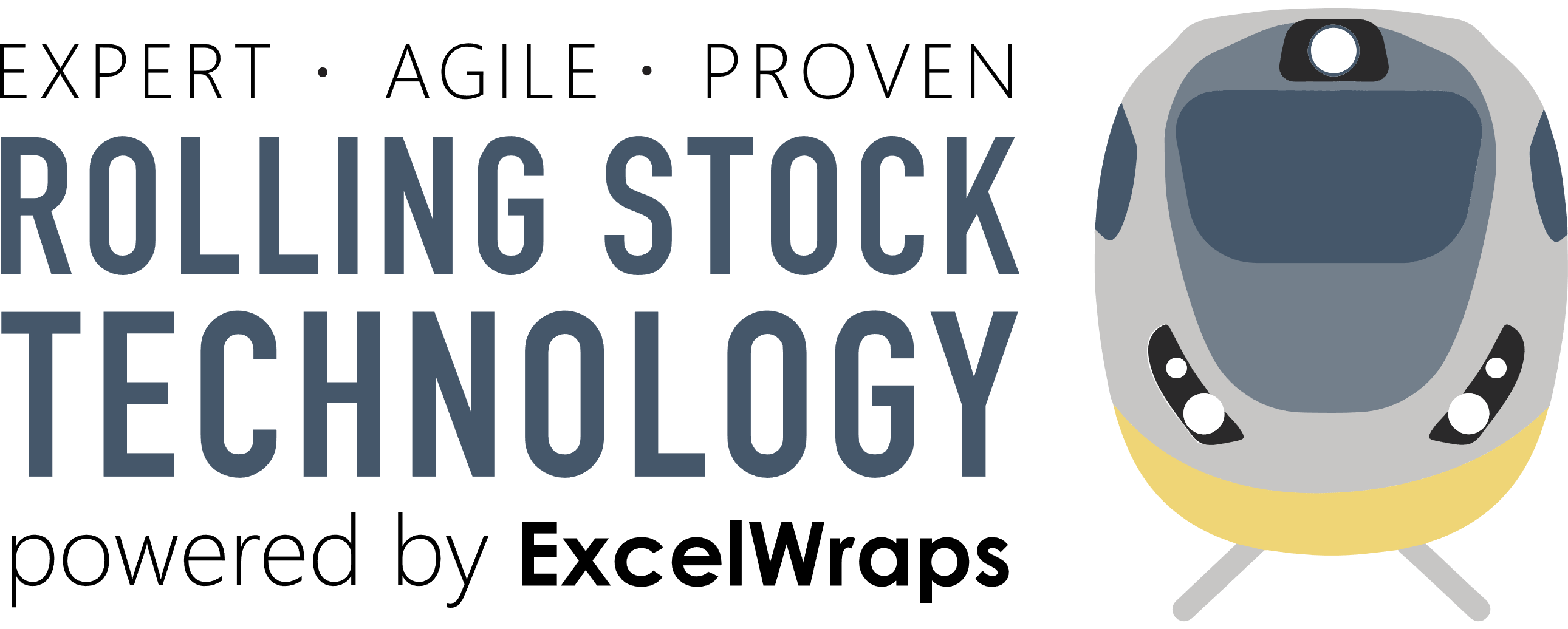Contingency Planning
In the context of rolling stock overhaul, various terms are used to describe different aspects of the process. Here is an explanation of these terms:
- Core work: Core work refers to the essential maintenance, repair, and overhaul activities that are routinely performed on rolling stock to ensure their safe and efficient operation. This may include tasks such as replacing worn parts, inspecting and repairing critical components, and performing general maintenance checks.
- Planned changes to core work or arising work (AW): These are pre-planned modifications or variations to the standard core work, usually based on an the condition of the equipment. Often these are handled on a fixed price basis and an assumed frequency of occurrence.
- Unplanned changes to core work or additional arising work (AAW): are modifications or repairs that are not part of the original core work scope but are identified and deemed necessary during the overhaul process. These changes may result from unexpected wear, damage, or other issues discovered during the inspection and maintenance process. AAW must be authorized and documented before being carried out.
- Technical Query: A technical query is a formal request for clarification or additional information related to a specific technical aspect of the rolling stock overhaul process. This may involve seeking guidance from manufacturers, engineering teams, or other experts to ensure that the correct procedures, materials, or techniques are used during the overhaul.
- Concessions: In the context of rolling stock overhaul, concessions refer to instances where certain deviations from the original design, specifications, or maintenance standards are allowed due to specific circumstances or constraints. Concessions must be approved by relevant authorities and documented to ensure that safety and performance are not compromised.
- Quarantine: Quarantine is the process of isolating and restricting the use of rolling stock components or parts that are suspected of being faulty, damaged, or not conforming to the required specifications. This ensures that potentially unsafe or substandard parts are not used during the overhaul process, and it allows for further investigation and analysis to determine the cause of the issue and implement appropriate corrective actions.
Understanding these terms is crucial for the proper management of rolling stock overhaul projects, ensuring that maintenance activities are carried out efficiently, safely, and in compliance with industry standards and regulations.
